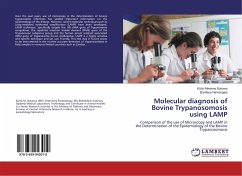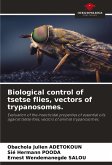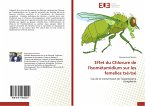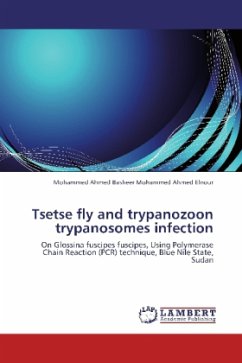The use of an in vitro feeding system provides a means of conducting trypanosome transmission studies with tsetse flies without using large amounts of experimental animals for maintenance of infected flies. The usefulness of such a system, however, depends on its interference with the development of the trypanosomes in the fly. Our observations show that feeding infected tsetse flies on citrated blood does reduce the fly's vectorial capacity. However, using citrated blood the establishment of T. congolense infections was superior compared to using defibrinated blood and maturation rates were not affected. It thus seems that citrated blood may be a better option for maintaining tsetse flies infected with T. congolense. For infections with T. b. brucei, both in vitro feeding systems had a comparable deleterious effect on the establishment of the midgut infection and its maturation.
Bitte wählen Sie Ihr Anliegen aus.
Rechnungen
Retourenschein anfordern
Bestellstatus
Storno








